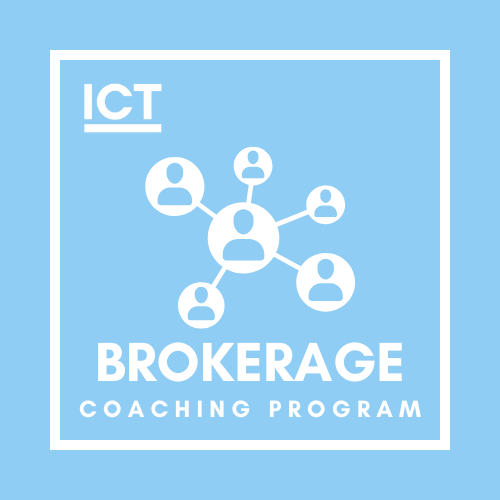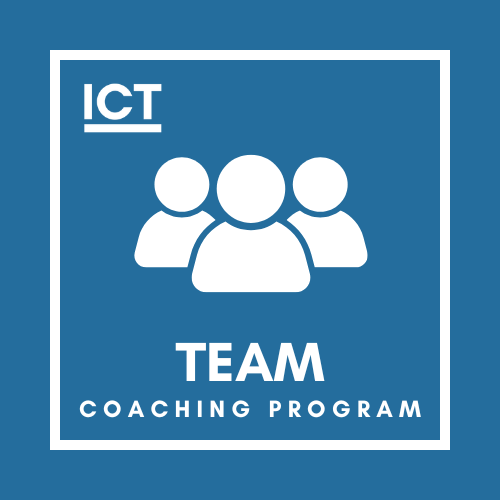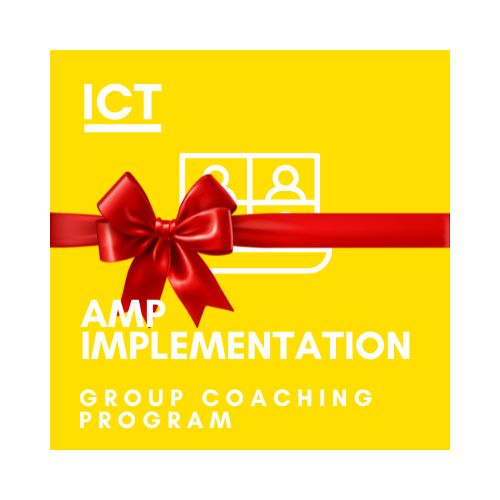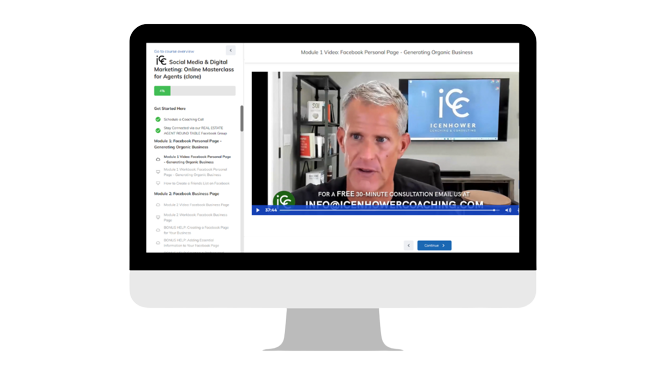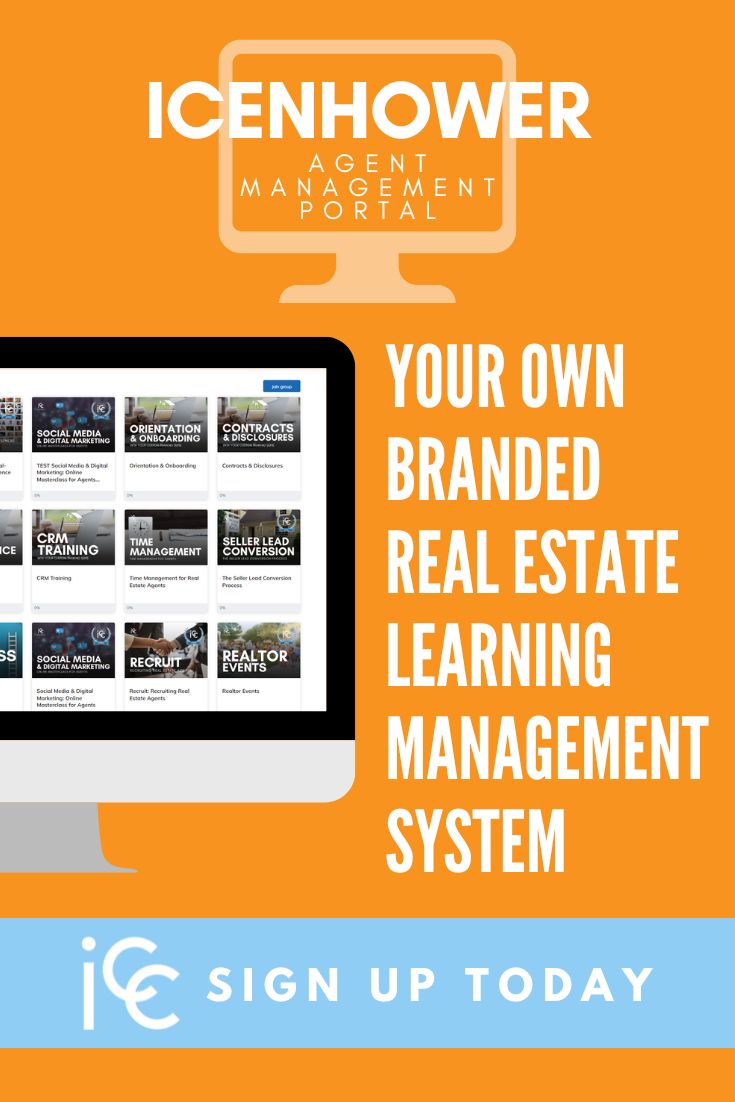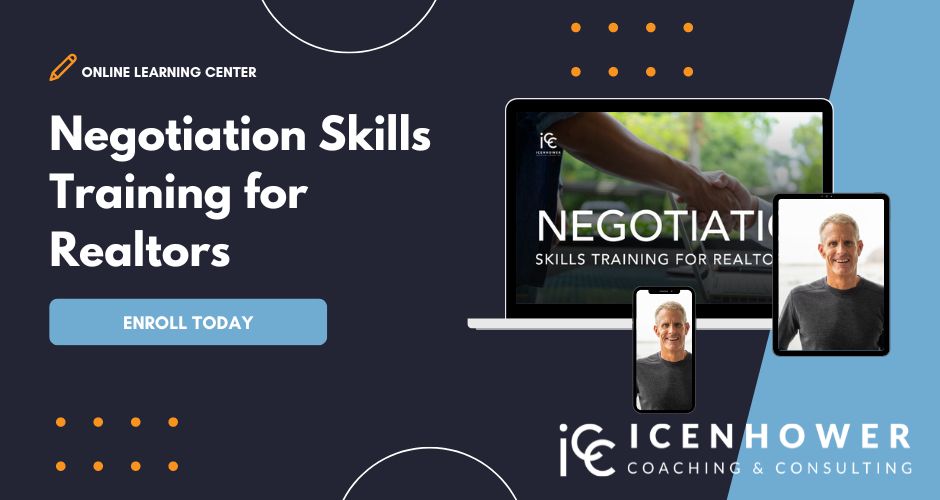Learn the 4 key principles of how to coach Realtors from Brian Icenhower, founder of Icenhower Coaching & Consulting.
Real estate team leaders and broker owners: do you know how to coach Realtors? Join us in today’s blog and learn from the best in the business.
If you’re striving to master the art of coaching Realtors, you’ve landed in the perfect spot. Coaching, often intertwined with leadership, is an instrumental aspect of driving a real estate business towards success.
Whether you’re at the helm of a team, a brokerage, or a national real estate brand, the insights I’m about to share are tailored for you. What’s more, the principles we’ll explore transcend the real estate industry, offering value across various sectors.
Be sure to listen to this episode of The Brian Icenhower Podcast and subscribe to the podcast so you never miss an episode!
VIDEO: How to Coach Realtors – The 4 Key Principles
How to Coach Realtors: Our Background
I’ve had the privilege to guide a plethora of the highest producing agents, teams, and brokerages across North America. Our focus? Leadership through coaching. While we cater to agents at all production levels, our forte lies in elevating those at the forefront, the leaders of significant real estate operations. We’re not just about coaching; we’re about embedding systems, structures, and standards that redefine success.
The core of our methodology revolves around coaching Realtors effectively. Whether it’s our coaches, sales managers, or operations managers, the goal is to systematize coaching for consistency and effectiveness.
Now, let’s delve into the four key principles that, surprisingly, are often overlooked in the real estate realm. These steps are the bedrock of creating what I term a ‘production-centric environment‘—an ecosystem where association with your entity inherently means enhanced real estate sales and business growth.
-
Quick View
Brokerage / Corporate Coaching Program
$1,500 / monthWith the Brokerage / Corporate Real Estate Coaching Program, ICT will help firms set up the most effective and efficient systems for recruiting, agent onboarding, commission & fee structures, agent engagement & retention systems, recruiting, administrative work-flows, transaction management, staff hiring, agent onboarding, productivity training & accountability, financials & budgeting, marketing and much more!
1. Focus on Activity-Based Indicators (ABIs)
Start with pinpointing ABIs—actions that are under your control and forecast future success, rather than merely reviewing past results. Whether it’s the number of contacts made, events conducted, social media engagements, or blogs written, these indicators are vital. They are the ‘sit-ups’ of your daily regime—crucial yet often neglected.
As a coach, it’s your role to identify, track, and hold your team accountable for these ABIs, fostering a proactive rather than reactive approach.
2. Implement a Dashboard
Visualization is key. A dashboard allows you and your team to monitor ABIs effectively. It’s not just about visibility; it’s about accountability. A well-structured dashboard acts as a mirror, reflecting the efforts (or lack thereof) transparently.
At Icenhower Coaching and Consulting, we champion this through our Custom Training Suite, ensuring that training progress and accountability are clear and upfront. Remember, simplicity is crucial; an overloaded dashboard can overwhelm rather than motivate.
3. Cultivate a Relationship Based on Accountability
Coaching transcends friendship. It’s about fostering a relationship where accountability is paramount. If your coaching relationship is solely built on camaraderie, the moment productivity dips, the perceived value of coaching diminishes.
As a coach, you need to wear the hat of a firm yet supportive mentor, ensuring that your team doesn’t settle into a comfort zone of excuses and underperformance.
4. Illuminate the Finish Line
Finally, always highlight the end goal. People seek not just income but also time—time with family, for vacations, or other business pursuits. As a coach, it’s your duty to constantly remind your team of the ‘finish line.’
This vision of a more balanced, fruitful future is what keeps the momentum going, especially when the going gets tough.
-
Quick View
Team Coaching Program
$1,250 / monthThe Team Real Estate Coaching Program is for smaller teams looking for internal structure, leverage and leadership.
It’s about steering your team not just to meet targets but to exceed their own expectations, fostering an environment where growth is not just a goal, but a continual journey.
Brian Icenhower
Conclusion: How to Coach Realtors
In my book, “The High-Performing Real Estate Team,” and my coaching-centric publication, “Coach,” these principles are elaborated on, providing a roadmap for those aiming to elevate their coaching game.
Additionally, our online courses and personalized coaching sessions at Icenhower Coaching and Consulting are designed to deep-dive into these facets, ensuring you’re equipped to lead and inspire effectively.
In wrapping up, these four steps—focusing on ABIs, utilizing a dashboard, establishing an accountability-based relationship, and constantly highlighting the finish line—are not just strategies; they’re the cornerstones of transformative coaching. Implementing these will not only elevate your coaching approach but will also lay the foundation for a thriving, production-centric real estate environment.
Remember, coaching is not just about guiding; it’s about transforming. It’s about steering your team not just to meet targets but to exceed their own expectations, fostering an environment where growth is not just a goal, but a continual journey.


